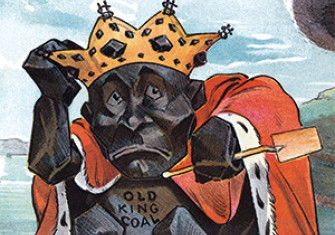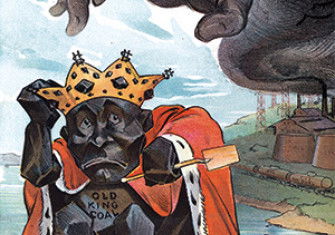
The Battle for Oil in the First World War
At the beginning of the 20th century the Great Powers competed for the right to extract the vast oil reserves around the Iraqi city of Mosul. The motivation – and prize – was energy security.
The moment came at three o’clock on the morning of 14 October 1927, at an exploratory oil well 100 miles south-east of Mosul, at a place called Baba Gurgur. As the drill head passed 1,520 feet, it encountered an oil horizon under considerable pressure. Crude oil rushed up the bore hole, flooding the surrounding wadi and forming an invisible cloud of gas that asphyxiated five members of the drilling team. The gusher ran out of control for over a week at a constant flow of 90,000 barrels of ‘sweet’ (low-sulphur) crude a day. For the Turkish Petroleum Company (TPC), established in 1912, it was the culmination of 15 years of intrigue, diplomacy and exploration. For Iraq, declared a British mandate seven years before, new-found oil promised new-found sovereignty. The royalties from oil would, it was believed, transform what had been a distant vilayet (province) of the Ottoman Empire into an independent state, with its own infrastructure as well as an emerging national identity.







